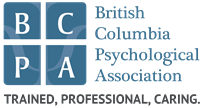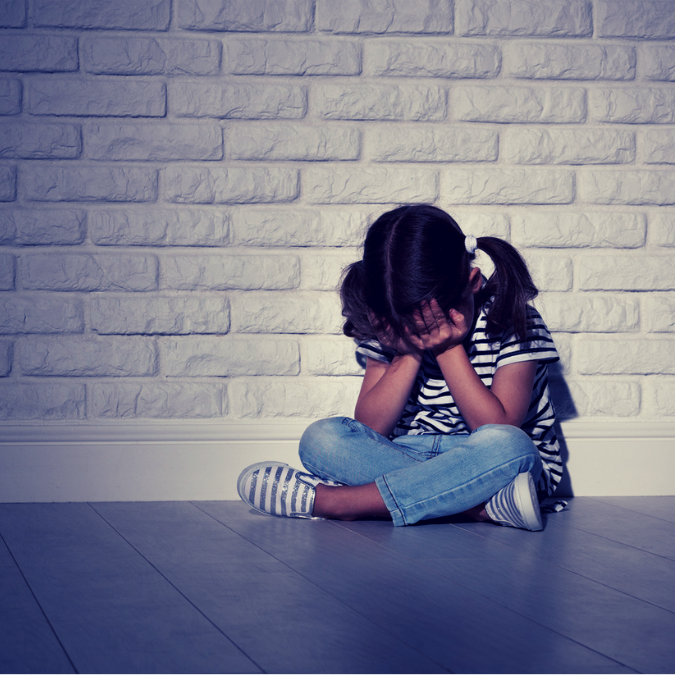Trauma and Development Beyond Childhood: Notes from Dr. Anna Khaylis' Psychology Month Presentation
“Surprisingly, it is often when wandering through the emotional carnage left by the worst of humankind that we find the best of humanity as well.”
― Bruce D. Perry, The Boy Who Was Raised As a Dog: And Other Stories from a Child Psychiatrist's Notebook
Dr. Anna Khaylis has spent the best part of 17 years studying and treating trauma in the US and Canada. Through her clinical work, teaching, and research, Dr. Khaylis has been a strong advocate for understanding and addressing trauma's deep effects. She's a regular presenter during Psychology Month hosted by the BCPA, delving into how trauma impacts brain development and shapes adulthood.
Drawing from her rich clinical experience, she shares valuable insights and tips for healing:
Understanding Trauma
We hear 'trauma' a lot, but if we look at the technical definition (from the DSM-5*), it refers to exposure to actual or threatened death, serious injury, or sexual violence. This can include directly experiencing the event, witnessing it, or learning that it occurred to someone close to you.
Adults can experience trauma in various ways, such as combat, assault, or car accidents. Childhood trauma covers anything that threatens a child's safety and development, like abuse, neglect, domestic violence, parental mental health or substance issues, and instability due to parental conflict, poverty, community violence, or systemic racism. These things deeply shape a child's growth.
Why Childhood Experiences Matter for Adults
It's all about brain development and how early experiences build our brain's foundation. We start with about 100 billion neurons that communicate through synapses, creating networks for thoughts, feelings, decisions, and actions. Genetics play a role, but so do early interactions with caregivers and everyday life.
The brain grows from basic functions in the brainstem to the limbic system, which watches signals to keep us balanced. The amygdala, in the limbic system, spots threats and kicks off fight-or-flight responses. Emotions start here, getting us ready to survive.
Our frontal lobes, unique to humans, handle language, planning, control, and reasoning. None of these parts work alone, as Dr. Bruce Perry says, the brain's like a symphony, each part playing to make harmony.
In a safe place, a kid's emotional brain rests, letting their thinking brain grow strong. But in danger, the emotional brain is always on, causing constant stress. Too much stress freezes us when fight or flight won't work, protecting us from more harm.
Trauma Affects Every Part of Growing Brains
Trauma disrupts the stress-response neurons from the brainstem to the complex frontal lobes. This disruption affects our biology and psychology, making it hard to connect and stay aware. It changes how safe we feel and how we react to triggers, leading to hyper-vigilance and challenges with attention, concentration, emotion regulation, and impulse control. These changes not only affect our relationship with ourselves but also influence how we engage with others.
Dr. Khaylis frequently sees these challenges manifesting in adulthood, where individuals who experienced childhood trauma may struggle with dissociation, hypervigilance, shame, anger, addiction, and health issues. While initially they keep us safe, these responses can ultimately hurt our life and relationships as adults.
Resilience and Reflection: The Keys to Recovery
The truth is, most people who experience adversity ultimately fare well. For adults who undergo traumatic events like car accidents, initial symptoms typically resolve within a few weeks. This ability to rebound is what we call resilience. Resilience is something we can develop by regaining a sense of control. This goes hand in hand with self-care; the more we incorporate good sleep, diet, nutrition, and regular exercise into our routine, the more in control we feel, the better we feel, and the easier it is to maintain our health."
Lastly, actively reflecting on our thoughts and feelings, about our inner world really helps recovery. A growth mindset involves viewing mistakes not as failures but as opportunities to learn. This mindset helps us move away from the fear of failure to focus on how these experiences can aid in our learning, growth, and development.
Want to learn more? For a deeper understanding of trauma and its developmental impacts, watch Dr. Anna Khaylis' complete presentation on our YouTube Channel. Her expertise offers invaluable guidance for anyone looking to understand and heal from trauma.
*The DSM-5 is the American Psychiatric Association's manual for diagnosing and classifying mental disorders, providing criteria and guidelines for mental health professionals.
Looking for a psychologist? Explore our online referral service, where you can search through hundreds of registered psychologists in British Columbia. Use filters such as city, specialty, area of practice, therapy method, and language to find the right match for you.

